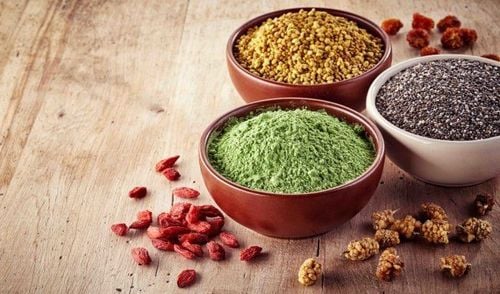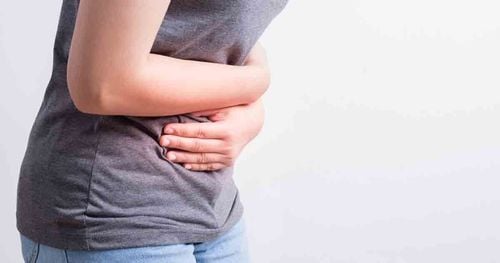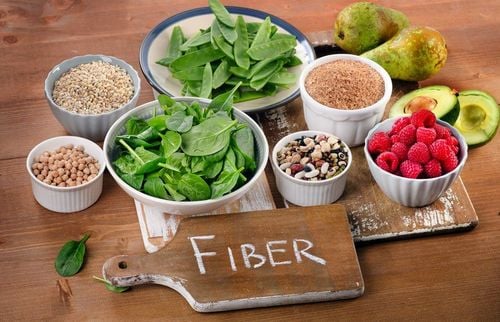This is an automatically translated article.
Popcorn is a favorite snack of many people, they not only bring delicious taste but are also good for health due to their high fiber content. However, some people with digestive problems, including irritable bowel syndrome (IBS), should consider eating popcorn because they can trigger and worsen symptoms, such as pain. stomach, bloating, or indigestion.1. What is IBS?
IBS, also known as irritable bowel syndrome, is a disorder that involves bowel movements, or changes in the frequency of bowel movements. This condition often leads to stomach upsets, and it may affect around 10-14% of the population globally.IBS is divided into 3 main types, classified according to the most typical symptoms. Includes:
IBS-D: the predominant symptom is diarrhea, in which more than 25% of bowel movements are pasty or watery. IBS-C: Constipation is the most common sign of this type of IBS, where more than 25% of bowel movements have solid, or lumpy stools. IBS-M: The presentation of this type of IBS often alternates with symptoms of constipation and diarrhea. Most people experience constipation or diarrhea at some point in their lives, but people with irritable bowel syndrome (IBS) experience them at least one day per week.
Currently, scientists have not found the exact cause of IBS, moreover, it can be different for each person. According to some studies, people with Irritable Bowel Syndrome often have increased gut sensitivity and altered gut interactions with the brain, bowel movements, immune system, and bacterial populations. natural microbiota in the gut.
In addition, factors such as psychological stress, social influences, diet, genetics or drug use also contribute to IBS. Statistically, 70-90% of people with IBS find that certain foods or their diet can trigger IBS symptoms. These foods include caffeine, which is rich in fiber, contains spices, gluten, lactose, alcohol, and some types of fermentable carbs.
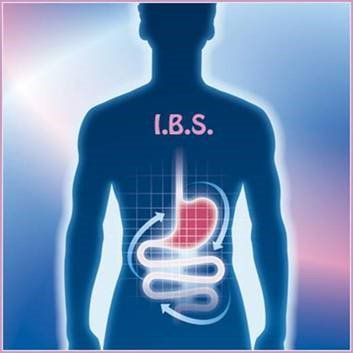
IBS là một rối loạn có liên quan đến nhu động ruột, hoặc thay đổi tần suất đi đại tiện
2. Popcorn contains a lot of insoluble fiber
Most fiber is made up of complex carbs, which are poorly digested and appear to remain unchanged as they travel down the colon. They can have both positive and negative effects on IBS symptoms.Popcorn is a very high fiber food, in one cup (8 grams) of popcorn provides 1.16 grams of nutrients. The fiber in popcorn is mainly made up of cellulose, hemicellulose, and a small amount of lignans. These are all insoluble fibers.
Insoluble fiber is a type of indigestible fiber that normally absorbs water in the intestines, increasing the volume of stools and reducing the time it takes for stools to pass through the intestines. A higher intake of insoluble fiber is thought to be beneficial for people with irritable bowel syndrome type IBS-C. However, its use is usually insignificant.
On the other hand, insoluble fiber also contributes to increased gas formation, leading to worse symptoms of uncomfortable bloating in some cases of IBS. Therefore, if you are experiencing such symptoms, it is best to limit or avoid foods that are high in insoluble fiber, even including sources of soluble fiber, such as oats. , psyllium and citrus fruits.
However, in case you don't have any problem consuming foods rich in insoluble fiber, you can continue to enjoy popcorn.
3. Low FODMAP foods
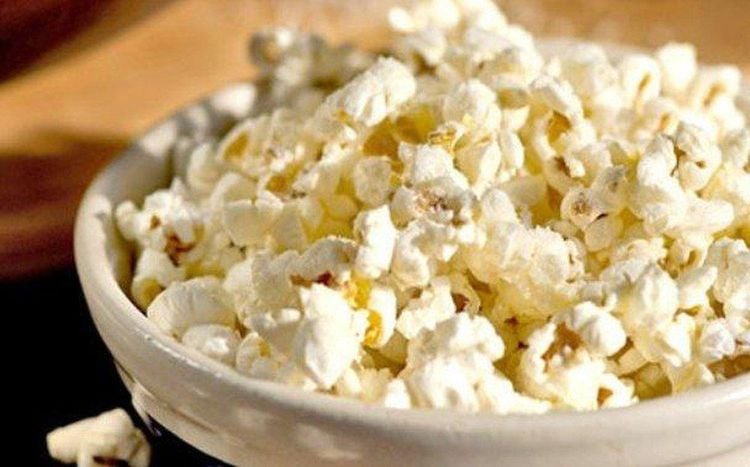
Bỏng ngô có thể mang lại những tác động bao gồm cả tích cực lẫn tiêu cực đến các triệu chứng của IBS
FODMAP is commonly found in some dairy, wheat, vegetables, and fruits. Scientists have revealed that a low-FODMAP diet significantly improves symptoms, including stomach pain, bloating, and gas in about 75% of IBS cases, especially those suffer from IBS-D and IBS-M.
Popcorn is naturally low in FODMAPs, which makes it a suitable food for people on a low-FODMAP diet to manage symptoms caused by IBS.
One serving of low FODMAP popcorn can be up to 7 cups (56 grams) of popcorn. It is usually 4-5 cups more than the standard size. However, regular sweet corn is not a low-FODMAP food, as it contains higher amounts of the sugar sorbitol, which gives it a sweeter taste than the type of corn used to make popcorn.
4. Some methods of preparing popcorn are not good for people with IBS
While popcorn may be suitable for many people with irritable bowel syndrome, certain ingredients added during popcorn processing can cause some adverse effects.In natural popcorn is low in fat, in 32 grams of popcorn contains 1.5 grams of fat. However, when cooking popcorn in cooking oil, or butter can make them a high-fat food, the fat content will be 12 times the same volume.
Studies show that fat can worsen symptoms, such as indigestion, stomach pain, and bloating in people with IBS. Therefore, it is best to eat popcorn.
In addition, spices such as curries, and chili peppers can also aggravate symptoms, especially for people with IBS-D. These spices can trigger stomach upsets, so it's best to avoid these in the toppings of popcorn. In addition, certain toppings, including high fructose corn syrup, honey, sweeteners, garlic powder or onion powder can also make IBS symptoms worse.
Some toppings are “friendly” for people with IBS, including fresh or dried herbs, salt, dark chocolate (about 30 grams), sugar, cinnamon, and some other spices that aren't as potent. triggering symptoms.
5. Alternatives to Popcorn

Bệnh nhân bị IBS có thể cân nhắc đến những lựa chọn thay thế cho bỏng ngô như quả hach, hạt bí ngô rang,...
Kale chips: this can be mixed with olive oil and some other seasonings . Delicious and very rich in protein. A 1/2-cup (90-gram) serving of Edamame beans is low in FODMAPS, but larger serving sizes contain more fructans, which can trigger some IBS symptoms. Roasted Pumpkin Seeds: You can add salt, along with some other spices or herbs to roasted pumpkin seeds to make a great snack. Besides, they are a good source of nutrients like magnesium, copper, healthy fats and phosphorus. Olives: There are two types of olives, black and green. These are all delicious snacks, while also providing a number of essential nutrients for the body, including fiber, copper and vitamin E. Nuts: can be made into a healthy snack. You can enjoy them as savory or sweet as you like, just like popcorn. However, the calorie content of nuts is often very high, and contains FODMAPs if eaten in large quantities. Therefore, people with IBS should limit their portion sizes. Fruit: Low FODMAP fruit is a great choice for people with irritable bowel syndrome. Fruits are often rich in essential minerals and vitamins, and they contain very few calories. Some of the fruits that you should eat when you have IBS, include raspberries, blueberries, strawberries, and grapes. Keep in mind that every person has a different IBS condition, so when choosing any food, you should be based on triggers, symptoms, diet or daily lifestyle. mine.
Please dial HOTLINE for more information or register for an appointment HERE. Download MyVinmec app to make appointments faster and to manage your bookings easily.
Article referenced source: healthline.com




